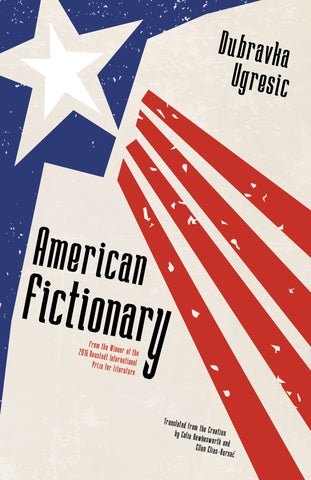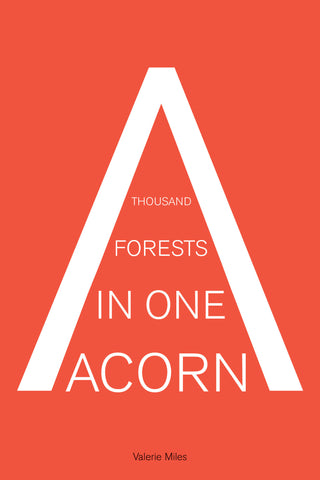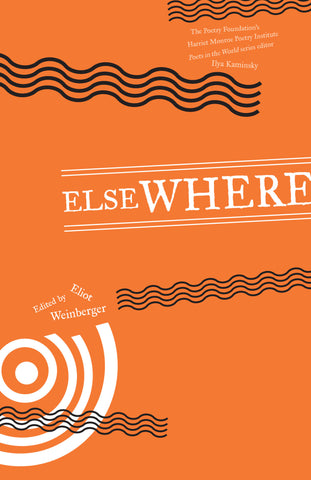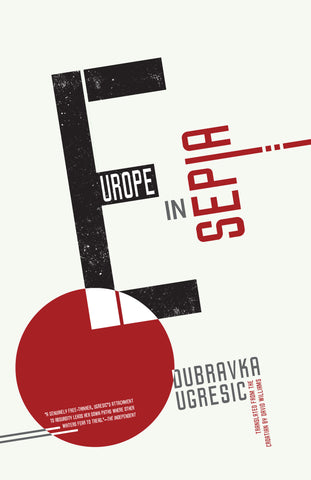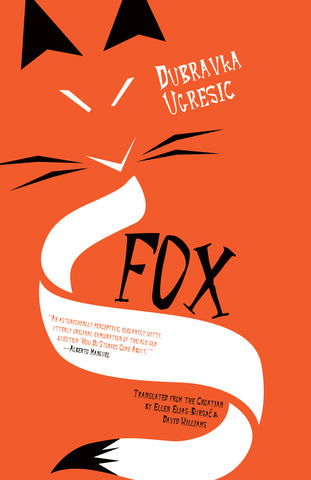American Fictionary
$12.99
September 25, 2018
essays | pb | 200 pgs.
5.5" x 8.5"
978-1-940953-84-7
Winner of the 2016 Neustadt International Prize for Literature
In the midst of the Yugoslav wars of the early 1990s, Dubravka Ugresic—winner of the 2016 Neustadt International Prize for Literature—was invited to Middletown, Connecticut, as a guest lecturer. A world away from the brutal sieges of Sarajevo and the nationalist rhetoric of Miloševic, she instead has to cope with everyday life in America, where she’s assaulted by “strong personalities,” the cult of the body, endless amounts of jogging and exercise, bagels, and an obsession with public confession.
Organized as a fictional dictionary, these early essays of Ugresic’s (revised and amended for this edition) are as pertinent to today’s America as when they were first published. It’s here, in these pieces filled with Ugresic’s unparalleled wit and devastating observations, that the comforting veil of Western consumerism is ripped apart as the mundane luxuries of the average citizen are contrasted with the life of a woman whose country is being destroyed.
Translated from the Croatian by Celia Hawkesworth & Ellen Elias-Bursać
•
About the Author:
Dubravka Ugresic is the author of seven works of fiction, and six essay collections, including the NBCC award finalist, Karaoke Culture. Exiled from Croatia, she currently lives in the Netherlands.
About the Translators:
Celia Hawkesworth is the translator of numerous works of Serbian, Croatian, and Bosnian literature, including Dubravka Ugresic’s The Culture of Lies for which she won the Heldt Prize for Translation in 1999.
Ellen Elias-Bursac is a translator of more than a dozen works, including several by David Albahari, Dubravka Ugresic, Daša Drndić, and Karim Zaimović. She is co-author of a textbook for the study of Bosnian, Coratian, and Serbian with Ronelle Alexander, and author of Translating Evidence and Interpreting Testimony at a War Crimes Tribunal: Working in a Tug-of-War, which was awarded the Mary Zirin Prize in 2015.
•
“Ugresic is unbeatable at explaining the inexplicable entanglements of Balkan cultural traditions, particularly as they relate to the hellish position of women.”
—Clive James
“Ugresic’s wit is bound by no preconceived purposes, and once the story takes off, a wild freedom of association and adventurous discernment is set in motion. . . . Ugresic dissects the social world.”
—World Literature Today

